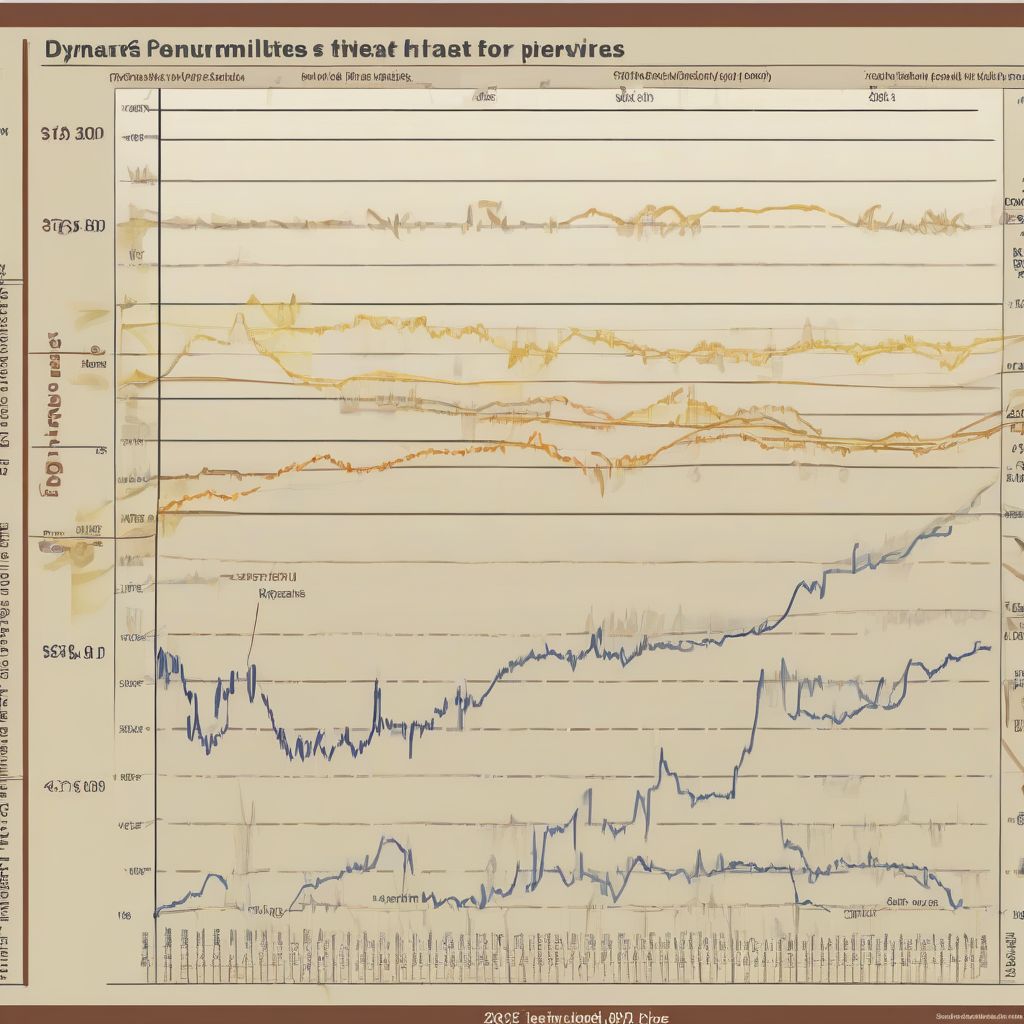The rise of the internet has revolutionized many sectors, and commodity trading is no exception. Commodity Online Trading, now a popular choice for investors of all levels, provides a convenient and accessible way to participate in the global commodities market. But what exactly is involved? This comprehensive guide will explore the ins and outs of commodity online trading, equipping you with the knowledge to navigate this potentially lucrative, yet complex, domain.
Understanding Commodity Online Trading
What is Commodity Online Trading?
Commodity online trading refers to the buying and selling of raw materials, or commodities, via online platforms. These platforms act as intermediaries, connecting buyers and sellers across the globe and facilitating transactions in a digital space.
Why Trade Commodities Online?
There are several reasons why online commodity trading has gained immense popularity:
- Accessibility: Online platforms have democratized commodity trading, making it accessible to anyone with an internet connection. This ease of access contrasts starkly with traditional methods, which often involved complex procedures and high capital requirements.
- Flexibility: Online trading offers unparalleled flexibility. Traders can access markets and manage their positions 24/7, reacting to market movements in real-time from the convenience of their computers or mobile devices.
- Lower Costs: Typically, online commodity trading platforms charge lower commissions and fees compared to traditional brokerage services. This cost-effectiveness is particularly attractive for retail investors and those new to the market.
- Diverse Market: The online commodity market encompasses a vast array of commodities, from energy resources like crude oil and natural gas to agricultural products like coffee and wheat, and precious metals like gold and silver. This diversity provides ample opportunities for portfolio diversification and risk management.
Navigating the World of Online Commodity Trading
How to Get Started:
- Choose a Reputable Broker: Research and select an online broker regulated by a reputable financial authority. Consider factors like trading fees, available commodities, platform features, and customer support.
- Open an Account: Complete the broker’s account opening process, providing necessary personal and financial information for verification purposes.
- Fund Your Account: Deposit funds into your trading account. Many brokers offer various funding options, including bank transfers, credit/debit cards, and online payment processors.
- Start Trading: Familiarize yourself with the trading platform, research potential commodity investments, and place your first trade. Remember to start small and gradually increase your investment as you gain experience.
Essential Considerations for Commodity Online Trading
- Market Volatility: Commodity markets are known for their volatility, influenced by factors such as geopolitical events, weather patterns, and supply and demand fluctuations. Thorough research and a solid understanding of market dynamics are crucial.
- Risk Management: As with any investment, commodity trading involves inherent risks. Employing effective risk management strategies, such as setting stop-loss orders and diversifying your portfolio, is paramount to protect your capital.
- Continuous Education: The commodity market is dynamic and constantly evolving. Staying informed about market trends, economic indicators, and new trading strategies through continuous learning is key to successful trading.
Frequently Asked Questions about Commodity Online Trading
What are the most commonly traded commodities online?
Some of the most popular commodities traded online include:
- Crude Oil: A highly traded commodity influenced by global energy demand and geopolitical events.
- Gold: A safe-haven asset that often appreciates during economic uncertainty.
- Natural Gas: A key energy source impacted by weather patterns and industrial demand.
- Coffee: A widely consumed beverage subject to factors like weather conditions in producing countries.
- Wheat: A staple grain with prices influenced by global production and consumption patterns.
 Commodity Price Chart
Commodity Price Chart
What are the risks involved in online commodity trading?
While potentially profitable, online commodity trading carries several risks:
- Market Volatility: Rapid price swings can lead to substantial gains and losses.
- Leverage: Trading on margin amplifies both profits and losses.
- Geopolitical and Economic Factors: Global events can significantly impact commodity prices.
How can I manage risks while trading commodities online?
Implement these strategies to mitigate risks:
- Educate Yourself: Understand the factors influencing commodity prices and develop a trading plan.
- Use Stop-Loss Orders: These automatically close your position at a predetermined price, limiting potential losses.
- Diversify Your Portfolio: Don’t put all your eggs in one basket. Spread your investments across different commodities to minimize the impact of price fluctuations in any single commodity.
Conclusion: Embarking on Your Commodity Online Trading Journey
Commodity online trading offers a world of opportunities for individuals seeking to diversify their investment portfolios and capitalize on the fluctuations of the global commodities market. However, it is essential to approach this venture with a cautious yet informed mindset. By understanding the mechanics of online trading, conducting thorough research, selecting a reputable broker, and prioritizing risk management, you can navigate the exciting world of commodity trading and potentially reap its rewards.